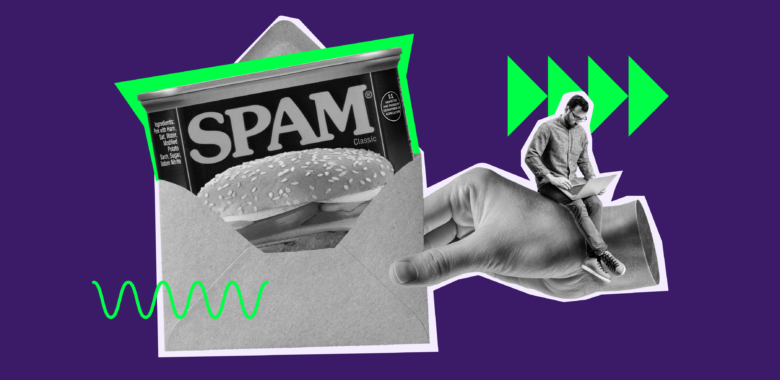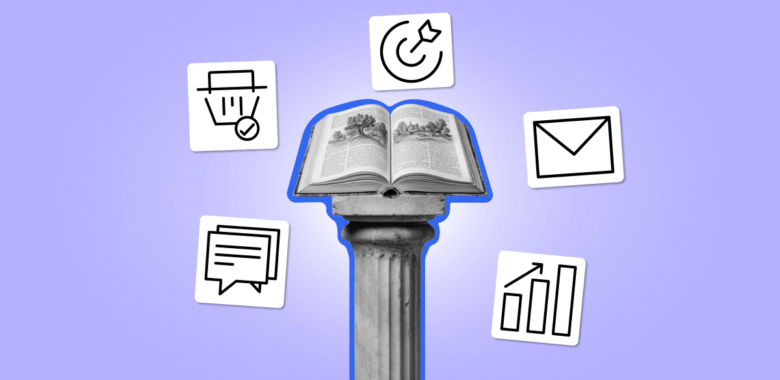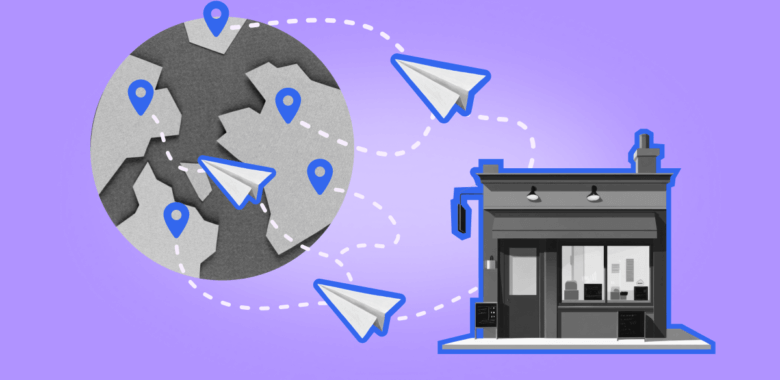1. Putting “art” into “scam artist”🎨
Word salad in spam emails is not a new thing. It can be traced back to the 1990s and the internet’s oldest mystery — people are still making up conspiracy theories about Markovian Parallax Denigrate messages on Usenet. Now, spammers use gibberish to bypass filters. This trick is called Bayesian poisoning. It works like this. Bayesian spam filters are based on probability. For example, if an email contains a lot of words that were frequently found in spam emails, the filter will decide that this email is likely spam. By adding random words, spammers kill two birds with one stone:
- Decrease the probability of their emails being marked as spam by an ESP
- Confuse the filters by turning previously innocent words into spammy words
The trick is still popular — at the end of 2022, many of my friends and even I received emails that looked like this:



























